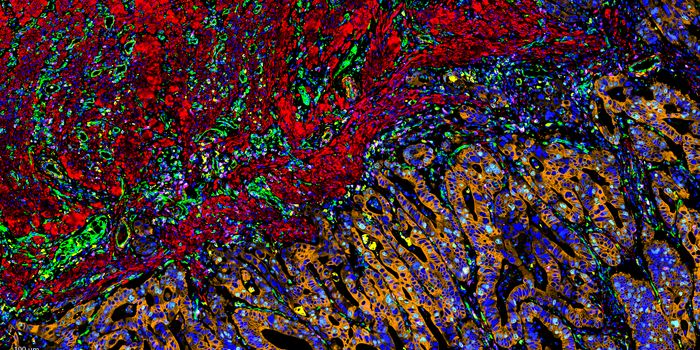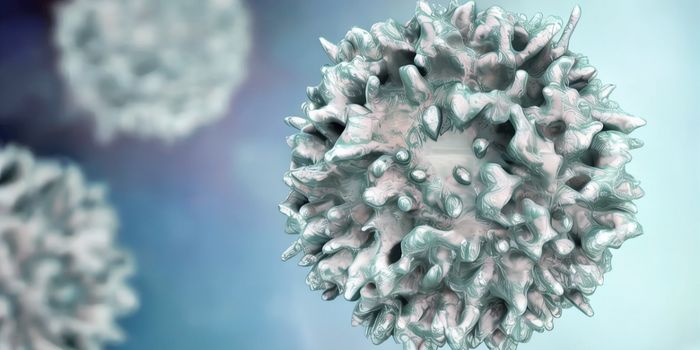How Sugar Awakens Cancer Cells
By now, it’s well established that high sugar consumption is linked to a host of health conditions, such as diabetes, obesity, and possibly even cancer. Now, a nine-year study sheds light on how cancer cells break down sugar to drive their growth.
Under normal conditions when oxygen is present, healthy cells break down sugar (glucose) into energy in a highly efficient process known as oxidation. When oxygen is scarce, such as during heavy exercise, healthy cells can still produce energy, albeit less efficiently, using pathway known as glycolysis.
Strangely, cancer cells seem to have a preference for glycolysis, despite the pathway’s inefficiency in turning sugar into energy. This phenomenon was described in 1923 by Otto Warburg, who observed that cancer cells consumed more glucose and had more lactate buildup (courtesy of the glycolysis pathway) than normal cells. The phenomenon has since been dubbed the “Warburg effect.”
How does cancer fuel its uncontrolled growth with glycolysis? A nine-year effort into this question revealed a link between a key sugar molecule in glycolysis (fructose-1,6-bisphosphate) and Ras, a gene that, when mutated, promotes cancer activity.
Using yeast as a model (since these cells also prefer fermentation like cancer cells), the team found the interaction between the glycolysis sugar and Ras can not only help tumors grow, but also enable cancer cells to multiply quicker.
“Our research reveals how the hyperactive sugar consumption of cancerous cells leads to a vicious cycle of continued stimulation of cancer development and growth,” said Johan Thevelein, one of the study’s senior authors. Such “reciprocal” interaction, he said, could “explain the correlation between the strength of the Warburg effect and tumor aggressiveness.”
“This link between sugar and cancer has sweeping consequences,” added Thevelein. Indeed, the findings expand our knowledge of tumor biology and provide a different context for new targets. “This research in yeast and human cells has led to a new very valuable scientific hypothesis.”
As for whether eating more sugar could directly lead to more cancer, Thevelein says “No! Definitely not.”
"It's better not to eat too much sugar so that you don't become obese," he said. "And if at the same time, you also decrease your risk of cancer, the better -- but this is something we cannot make a statement about at this moment."
Next, the team is working to see if the same biochemical mechanisms also apply to patients. But for now, Thevelein recommends a balanced diet that favors complex sugars, found in starch and whole grains, over simple sugars. "Try to look for alternative ways of providing sugar and energy to cancer patients rather than rapidly metabolized simple sugars,” he suggested.









